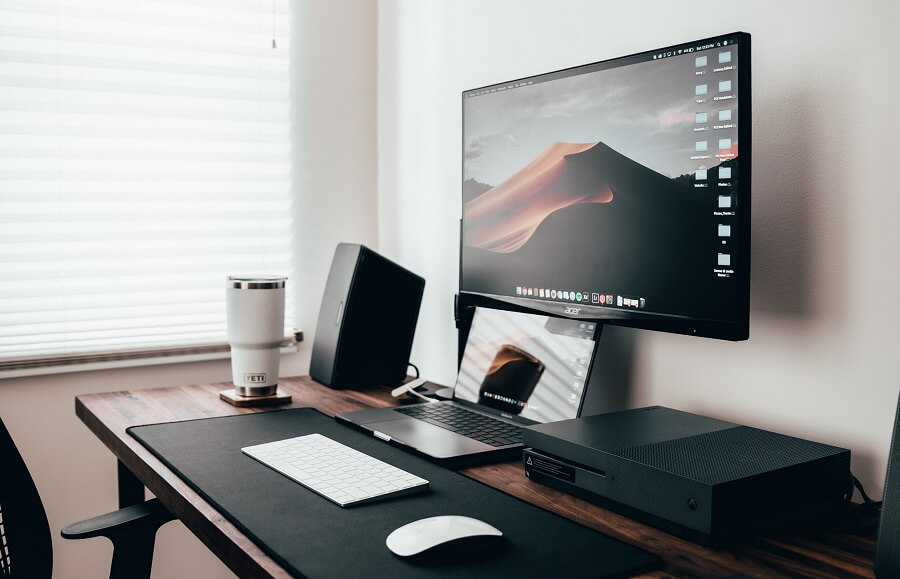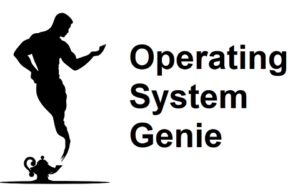Three major components work together on a computer, the RAM, GPU, and CPU (processor). While they do communicate with each other at incredible speed, in this article I will explain if a low amount of RAM affects the performance of the GPU.
Low RAM does not affect GPU performance. Independent tests have found that changing the amount of RAM a computer has does not increase or decrease the amount of GPU that is utilized. Mid to high end PCs, will be between 50% to 100% utilization when gaming.
Below, I will cover:
- If the amount of RAM affects FPS
- If RAM speed affects GPU performance
- If more RAM increases gaming performance
Let’s go!
Does RAM Affect FPS

The key metric when gaming is average frames per second (FPS). The average FPS is controlled directly by the speed of the CPU, and the GPU. But, interestingly the amount of RAM a computer has, has no affect on the average FPS.
This was verified using an independent test on a computer, and testing the GPU utilization (%), and the average FPS. The games tested were:
- Fortnite
- Call of Duty: Warzone
- Benchmark game – Shadow of the Tomb Raider
- Benchmark game – Outlands 3
For this test, a mid range gaming computer was used initially with 8 GB of RAM. Then the RAM was swapped out for an identical brand and type RAM that is 16 GB, and 32 GB. Below are 4 tables showing the results of the test:
| In game GPU usage | Average FPS | |
| Fortnite – 8 GB | 50% to 80% | 300 |
| Fortnite – 16 GB | 50% to 80% | 300 |
| Fortnite – 32 GB | 50% to 70% | 300 |
For Fortnite, the average lows in FPS were higher when upgrading from 8GB to 16GB. But, on average, they all had the exact same FPS and in game GPU usage.
| In game GPU usage | Average FPS | |
| Warzone (Call of Duty) – 8 GB | 90% to 100% | 120 |
| Warzone (Call of Duty) – 16 GB | 90% to 100% | 120 |
| Warzone (Call of Duty) – 32 GB | 90% to 100% | 120 |
For Call of Duty: Warzone the results show that the amount of RAM has no affect at all on GPU performance. Regardless, of whether the computer has 8 GB, 16 GB, or 32 GB of RAM the average FPS was the same, and the GPU usage was the same.
| In game GPU usage | Average FPS | |
| Shadow of the Tomb Raider – 8 GB | 90% to 100% | 111 |
| Shadow of the Tomb Raider – 16 GB | 90% to 100% | 107 |
| Shadow of the Tomb Raider – 32 GB | 75% to 100% | 111 |
To cut a long story short, the results were exactly the same for 2 benchmark games that were chosen. All games has the exact same GPU usage, and average FPS regardless of how much RAM the computer had.
| In game GPU usage | Average FPS | |
| Borderlands 3 – 8 GB | 70% to 100% | 110 |
| Borderlands 3 – 16 GB | 70% to 100% | 102 |
| Borderlands 3 – 32 GB | 70% to 100% | 107 |
(source: TastyBros Youtube Channel)
It was seen in some games that the average low FPS was higher on 16 GB of RAM, compared to 8 GB of RAM. This means it would provide a smoother playing experience. And if you currently have 8GB, you will see a noticeable bump in performance upgrading to 16 GB.
But, it’s not a similar story for 32 GB. It was found across the board that 32 GB provided no additional benefit.
Another factor that many people wonder about is how full the hard drive is. I explained it in detail using testing data in this article about if having a full SSD slows down a PC. And if performance increases or decreases based on how full the hard drive is.
You should only buy it if you use your PC for:
- Streaming
- Editing
- Rendering
- Run multiple programs at once
- Want to future proof your PC
When you use your computer for streaming, it also depends on how often you stream. If you do it very regularly then it makes sense to upgrade to 32 GB. Whereas, if you only render images or videos every now and then, it’s not as necessary to have 32 GB of RAM.
Currently, the sweet spot of RAM until about the year 2030 is 16GB. With 8 GB being perfectly fine. And 32 GB for serious computer users.
Does RAM Speed Affect GPU Performance
There are a few different types of RAM, with DDR4, and DDR5 RAM being some of the fastest and most common. RAM speed does affect GPU performance. But, overall the effect is very minor. For that reason, it only makes sense to get faster RAM for a new computer.
For an existing computer, it’s not worth upgrading to faster RAM. The difference is too minor to be noticeable.
Faster RAM sends and receives data to the CPU faster, and as a result, load time, and FPS are improved. But, only a few percent improvement. The biggest improvements come from getting a better CPU or GPU.
However, it’s important to note that it’s best to match the quality of the CPU to GPU. For example, it’s better to have a mid range CPU, and a mid range GPU. Than a high end CPU, and a low end GPU.
Or, the other way around – a low end CPU with a high end GPU. This has been verified through testing. Below, is a video that shows some of the results:
The bottomline is:
If either the GPU or the CPU is much higher end than the other it will waste the extra resources. The GPU will not be able to operate to it’s fullest with a slower CPU. And a CPU will not be able to operate to it’s fullest with a slower GPU.
Does RAM Increase Gaming Performance
More RAM does not increase gaming performance. Independent tests have found that adding additional RAM to a computer does not improve in game FPS, or the GPU utilization.
The minimum but also a solid amount of RAM is 8 GB. It will be good for most people. And performs just as good as 16 GB or 32 GB of RAM.
Increasing the amount of RAM a computer has will only affect gaming performance, if you are streaming, or have other programs open in the background.
When gaming, if you close everything and only have the game open, then more RAM will not change performance in any way.
